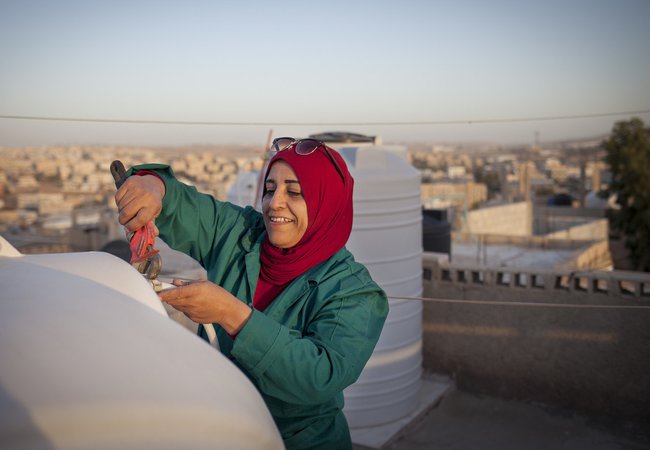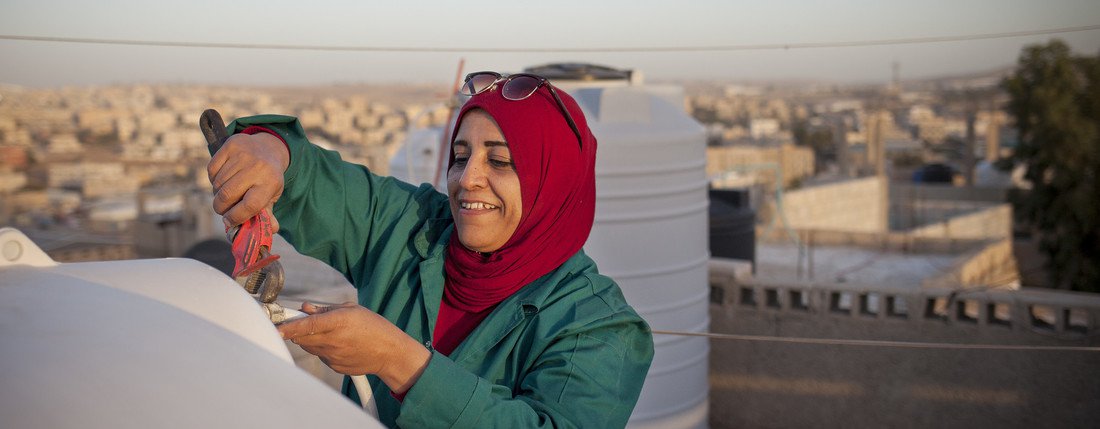Abbie Trayler-Smith


5 things you should know about equality for women and girls
Often when we talk about inequality, we talk about how much money the richest people have compared to the poorest.
But inequality is also about the differences in opportunities that people have. These might be related to gender, ethnicity, disability or age.
How can your gender affect the life opportunities that you have?
Here’s a quiz to test your knowledge.
Five facts to know
April Bulanadi/Oxfam
1. Across the world women do more unpaid care work than men
Unpaid care work is doing things like cooking, cleaning and caring for others when it is not a paid job.
Before the coronavirus pandemic, women were doing three times as much unpaid care work on average as men. This gap is now thought to be much bigger.
In the UK, women do an average of 26 hours of unpaid care work a week, compared to 16 hours for men.
Illustration: Hawwa Alam
2. The gender pay gap can be vast
In England, the average salary of players in the Premier League (the top men’s football competition) is £2.64 million.
That’s 99 times as much as the average salary in the Women’s Super League (the top women’s football competition), which is £26,572.
Pablo Tosco/Oxfam
3. Very few countries have women as heads of state or government
Just 21 countries around the world have women as their elected heads of state or government.
Amy Christian/Oxfam
4. Only 5 of the largest companies have women chief executives
Women are often under-represented among business leaders and those in positions of power.
Only five of the chief executives in the world's biggest companies (FTSE 100) are women.
Abbie Trayler-Smith
5. It's more difficult for women to work than men in most countries
Most countries still have laws that make it more difficult for women to work than men.
In 18 countries, women need to have permission from their husband to work outside the home.
In 104 countries there are laws which restrict the kinds of jobs that women can have.
Learn more
International Women's Day
- Our International Women’s Day education resource includes an assembly, quiz questions, activity ideas and games - to help young people learn about gender equality, and inspire them to take action.
- International Women’s Day is celebrated annually on 8 March.
- It’s a day when people around the world come together to recognise the achievements that women and girls have made.
- It’s also a call for further action to reduce the inequalities that exist between women and men, and boys and girls.
Women and gender justice
- Find out more about how Oxfam is putting women’s rights at the heart of everything we do.
